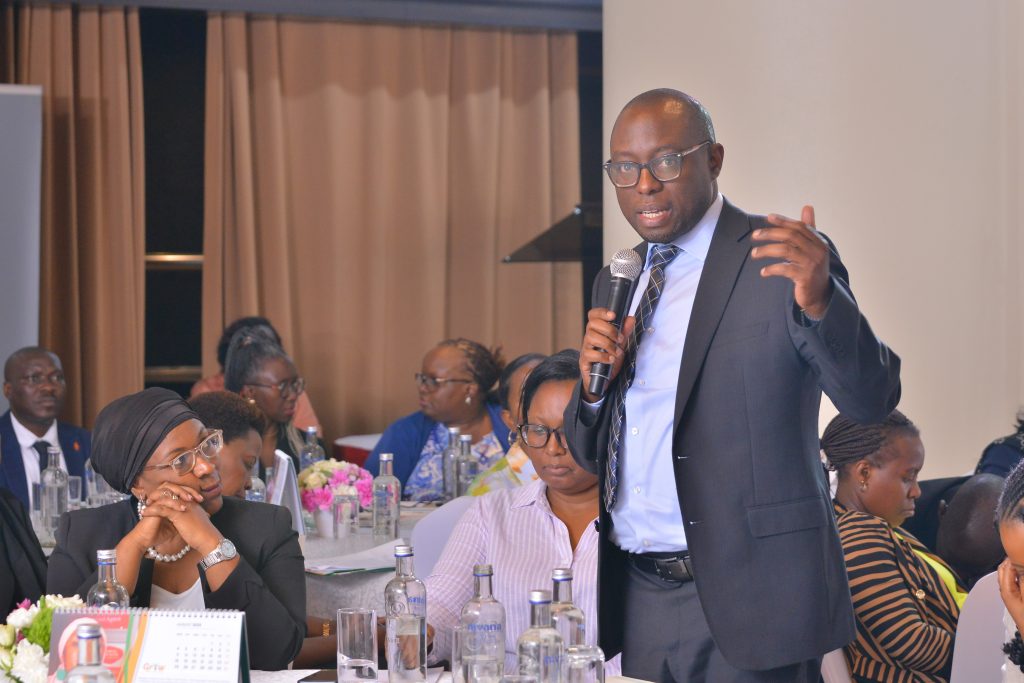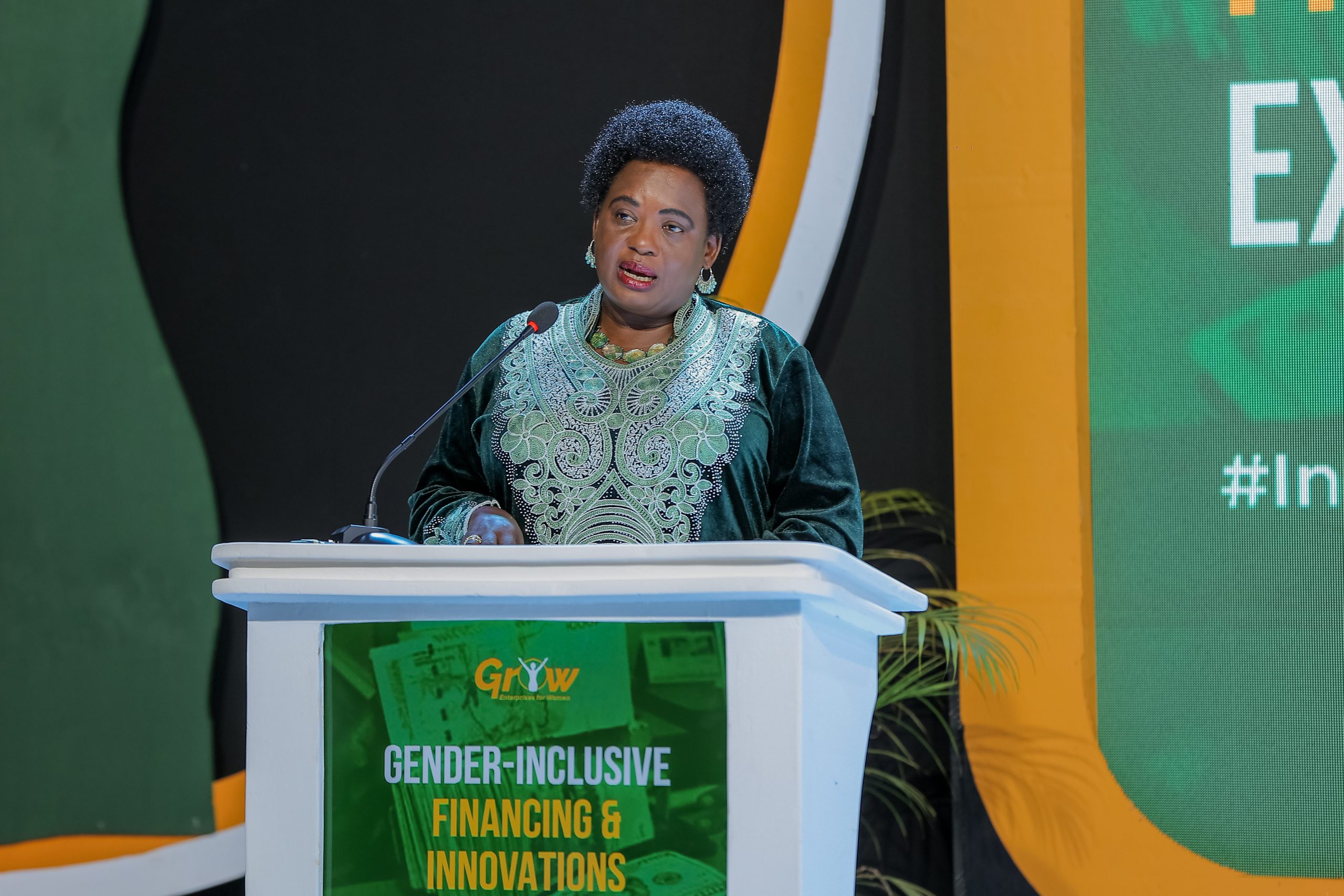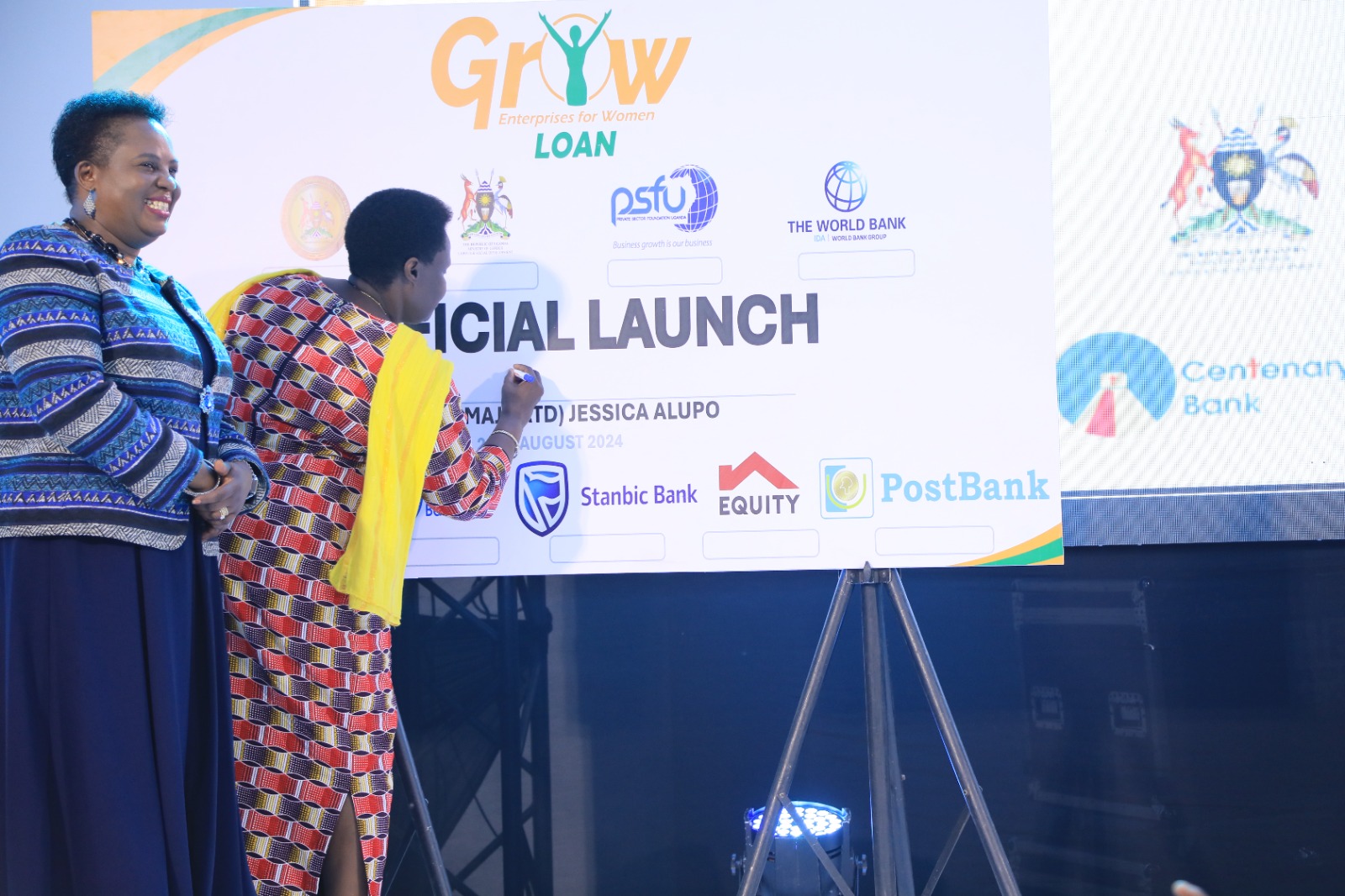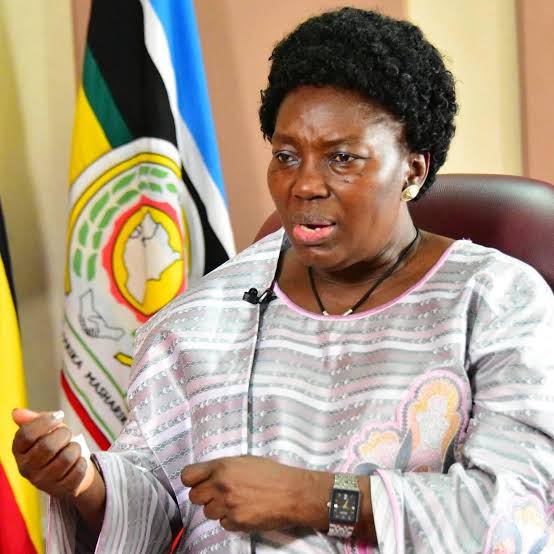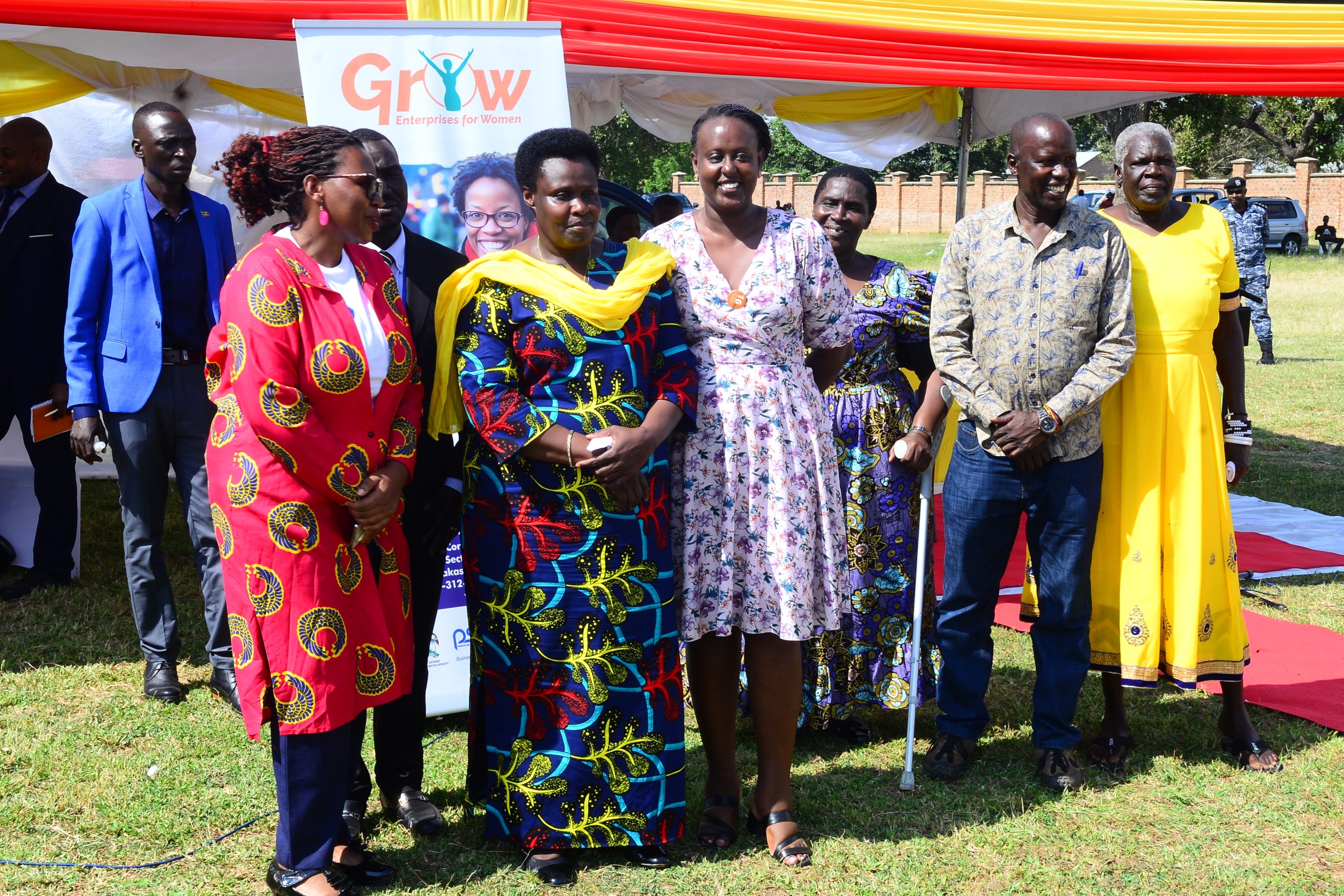Uganda Moves to Expand Financing for Women Entrepreneurs Through the WE-Fi Code adoption
Kampala, Uganda – August 20, 2025
Uganda has taken a bold step towards closing the gender financing gap with the introduction of the Women Entrepreneurs Finance Code (WE-Fi Code), a global initiative designed to increase access to finance for women-led enterprises. The announcement was made during a high-level sensitization meeting convened at the Sheraton Hotel, bringing together executive directors of banks, microfinance institutions (MFIs), SACCOs, non-bank financial institutions (NBFIs), and FinTechs.
Speaking at the opening of the meeting, Hon. Betty Amongi, the Minister of Gender, Labour and Social Development, appreciated financial institutions for developing women financing products that have helped to increase women’s access to finances.
She noted that there are some barriers that shouldn’t be paid attention too. “As a women leader, I have witnessed barriers like poverty which makes then divert the money to other essentials other than the business, lack of collateral, and limited knowledge of existing financing products in different financial institutions. It requires you to creatively breakdown your products in local languages to reach local women,” she noted.
The minister reaffirmed the government’s commitment to fostering gender-inclusive growth. “This is more than just a meeting—it is a call to action. The WE-Fi Code gives us a proven, practical framework to address persistent financing gaps, promote innovation, and build resilience in our economy. By adopting and implementing the Code, financial institutions will not only open the doors of finance to millions of women entrepreneurs but also strengthen their own institutions through new markets and data-driven decision-making,” the Minister said.
The WE-Fi Code, launched globally in 2023 during the World Bank–IMF Annual Meetings in Marrakech, has already been adopted in over 30 countries, including Kenya, Rwanda, Tanzania, Nigeria, Senegal, and Egypt. More than 350 financial service providers worldwide have signed on, committing to increasing financing for women-led enterprises and to institutionalize gender-disaggregated data in policymaking.
Representing the financial sector, Ms. Marris Nakayaga, Deputy Director of Data Governance and Data Quality at the Bank of Uganda, who represented the Governor of the Bank of Uganda, commended the initiative, noting its alignment with Uganda’s financial inclusion and resilience strategies.
“At the Bank of Uganda, we note that the We-FI Code presents us with an opportunity to close the gender gap that exists in access to finance caused by a lack of collateral and a lack of robust sex-disaggregated data. The bank is investing heavily in enterprise data platforms because we recognise that the quality of data is central to advancing financial inclusion. Through the We-FI Code, we see an opportunity to embed data-driven approaches into financial sector strategies, supporting evidence-based policy making, regulatory oversight, and product innovation that are suited for women-specific enterprises. This aligns well with the Bank’s broader data governance and quality agenda,” She said.
She noted that the Bank of Uganda is committed to working with all stakeholders to facilitate an enabling environment for the effective implementation of the Code. She also committed that the Bank of Uganda will support the collection, analysis, and dissemination of sex-aggregated financial data, as it aligns well with the credit data hub project and the national financial inclusion and digital finance strategies, which are already embedded in the Bank of Uganda Strategy of 2022-2027, which is in line with NDP IV. The Code will therefore complement the Bank’s ongoing efforts by strengthening inclusive access to credit and deepening the financial sector.
The meeting was convened under the Generating Growth Opportunities and Productivity for Women Enterprises (GROW) Project, a flagship Government of Uganda initiative financed by the World Bank. The project supports women entrepreneurs through skills development, access to finance, and provision of gender-inclusive infrastructure and common user facilities that enable women to grow their businesses from micro to small, and from small to medium-scale enterprises.
Mr. John Ssengendo, the GROW Project Coordinator, while delivering remarks on behalf of the Permanent Secretary of the Ministry of Gender, Labour and Social Development, emphasized the importance of collective effort in delivering on Uganda’s development goals.
“Through the GROW Project, we have seen first-hand the barriers women face in accessing finance. Out of 2.57 million enterprises in Uganda, women own about 1.32 million, yet only 25% of these women-led enterprises currently have access to credit, most of which is short-term financing, because their loans average at USD 280–2,800 at interest rates as high as 22%. The gap is not only in financing, but also in data, definitions, and targeted products. If we can close this gap, the opportunity is immense. Increasing women’s access to finance from 25% to 44% could unlock USD 277.6 million in new financial sector revenue, of which 89% would come directly from women entrepreneurs. That represents a 15.8% revenue growth for the financial sector, driven by women,” he said.
He noted that the WE-Fi Code offers the framework to achieve this transformation by addressing existing barriers systematically through combining government policy leadership with the commitment of financial institutions, thus translating inclusion from aspiration into reality.
The meeting concluded with a call for financial institutions to adopt the Code and work closely with the Bank of Uganda and the Ministry of Gender to advance gender-inclusive finance. Uganda’s adoption of the WE-Fi Code is expected to reinforce national leadership on financial inclusion, promote data-driven regulatory frameworks, and catalyze climate-aligned financing for women entrepreneurs—marking a new chapter in the country’s financial sector development.

